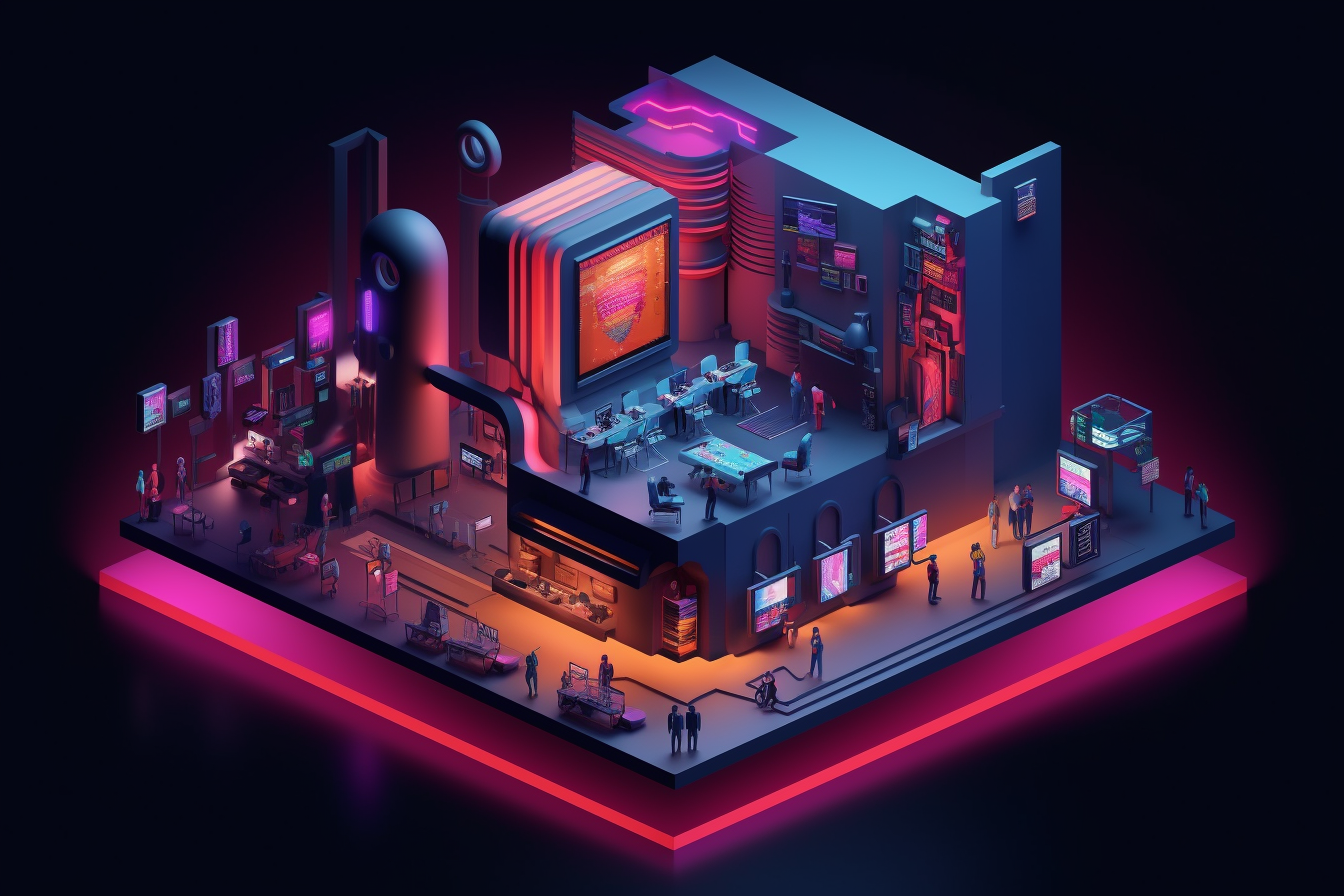DAOs (decentralized autonomous organizations) represent an emerging new model of internet-native entities owned and operated by tokenized members in a decentralized fashion.
Similar to the early cryptocurrency hype, you’ve probably heard comments claiming that DAOs are the future of organizational structures. Proponents argue that DAOs could become the predominant organizational structure of the future as blockchain technology proliferates. But critics contend the model has major limitations. Evaluating the potential impacts of DAOs on the evolution of organizations provides a framework for anticipating whether adoption could scale significantly.
The Case for DAOs as the Future
There are several arguments for why DAOs are poised to disrupt traditional firm structures:
Technological Antifragility
- DAOs utilize blockchain and smart contracts to coordinate in a more resilient manner.
- Decentralization provides redundancy against single points of failure.
- Censorship resistance defends against malicious takeovers or manipulation.
Accessibility
- Open participation based on transparent contribution rather than gatekept status or permissions.
- Geographic, institutional, and demographic boundaries are minimized.
New Incentive Models
- Crypto economic token models and programmable money enable novel incentives not possible before.
- Contributors can gain upside like ownership and investment exposure through tokens.
Automated Operations
- Smart contracts allow autonomously encoding governance rules and business processes.
- Less reliance on manual bureaucracy and human managers.
Borderless Structure
- DAOs use cyberspace as their jurisdiction rather than physical territories.
- This transcends geographic boundaries and regulatory specifics.
Novel Funding Models
- DAOs introduce options like tokenized equity, crypto treasuries, and continuous token sales.
- New models for growth not dependent on debt or outside equity financing.
Community Governance
- Decentralized votes enabling bottom-up proposals and peer-to-peer oversight at scale.
- Promotes autonomy and self-determination rather than hierarchy.
Given these differentiating capabilities enabled by crypto technology, some argue distributed organizational models like DAOs represent the future of human coordination. Just as peer-to-peer models have disrupted sectors like media, hospitality, and transportation, DAO proponents believe institutional coordination and governance could undergo similar transformation.
Criticisms and Concerns
However, critics point to a number of troubling limitations and pitfalls:
Unproven at Scale
- DAOs remain largely early-stage experiments yet to demonstrate suitability managing millions in assets and users.
- Most existing DAOs are small and resource constrained – far from replacing massive bureaucracies.
Unsophisticated Governance
- Inexperienced communities codifying suboptimal or negligent rules and processes given nascency of the model.
- Lacking institutional knowledge that comes from decades of governance evolution.
Legal Ambiguity
- DAOs currently have minimal direct legal recognition or accountability frameworks.
- Regulatory treatment remains clouded in uncertainty.
Technical Bugs
- Code vulnerabilities could lead to exploitations and loss of funds without mature audit processes.
Plutocracy and Vote Buying
- Influence concentrated in “whales” with outsized voting stakes through token holdings.
- Difficult to prevent behind-the-scenes vote buying and coercion.
Stability Risks
- Reliance on volunteer engagement exposes risks of stagnation over time rather than contractual obligations.
- Maintaining consistent purpose and quality relies heavily on culture and norm setting.
Given these deficiencies, critics argue DAOs represent experimental communities but not replacements for formal institutions and governments anytime soon. Until technical and cultural maturation resolves fundamental problems, DAOs may remain niche.
Hybridized Organizations
Rather than a binary outcome, the most likely path involves hybridized models blending aspects of traditional companies with DAO structures:
- Large organizations structuring legal entities but running portions of operations through internal DAO systems.
- Startups founded legally with shares but using tokenized equity and votes for investors.
- Traditional non-profits accepting crypto donations and managing initiatives through DAOs.
- Protocols utilizing both centralized foundations and community DAOs in tandem for governance.
- Companies interfacing with decentralized finance through tokenization of equity and assets.
Certain DAO qualities like borderless participation, automated operations, and incentive tokenization seem poised for broad adoption even if pure on-chain decentralization remains sparse.
Trajectory for DAO Evolution
The progress of DAOs may undergo multiple waves:
- Niche communities – Early DAOs are suited for specific domains like art collectives, gaming guilds, open-source networks. Issues limiting accessibility and relevance persist.
- Protocols and dApps – Decentralizing governance for the protocols, applications, and ecosystems atop blockchain networks through DAOs becomes more common.
- Digital native organizations – Over the longer-term, natively digital entities across sectors may arise designed with distributed governance in mind from inception.
- Hybrids and interfaces – Legacy institutions adopt select DAO tools for community engagement and crypto interoperation as the technology matures.
Rather than sudden disruption, integration of DAO elements where they excel and provide asymmetric advantages over existing systems may be the path forward.
Conclusion
DAOs open provocative new possibilities for human coordination enabled by blockchain’s technological capacities. However, fully decentralized models replacing major corporations and institutions anytime soon seems unlikely given the nascency. Nevertheless, DAOs seeming poised to assume important governance roles in digital native ecosystems, communities, and networks. Legacy organizations may also increasingly adopt DAO characteristics were beneficial alongside traditional operations. Rather than an either/or outcome, DAO hybridization into various facets of human collaboration and value creation appears the most probable path – unlocking the strengths of both centralized and decentralized paradigms situationally.





